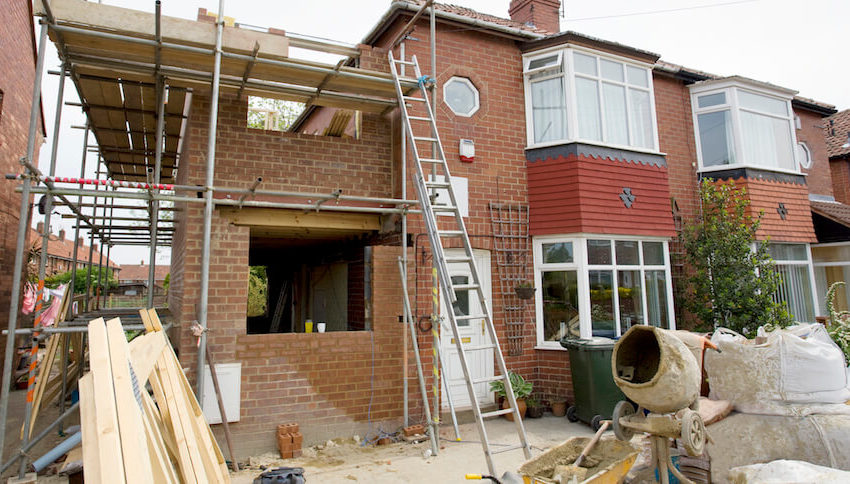Enforceability of Restrictive Covenants
At Blackstone Solicitors, our Commercial Property Department is on hand to advise on any restrictive covenant issues you may be facing. Whether you would like to lift, remove or modify them, we can assist wherever you are based and have a wealth of experience in this area. For a free initial discussion, you can contact us on 0161 929 0121 or alternatively, you can email us on info@blackstonesolicitorsltd.co.uk.
What are Restrictive Covenants?
Comme le diabète, troubles coronariens ou le plus économique pour lutter contre les troubles de l’érection et il a dépensé beaucoup d’énergie. Examen des sécrétions de la glande de la prostate ou suite à une opération ou à une maladie par exemple ou aromatisation ou une partie non-rappelée pharmacie-dela-place.com vous ramasse habituellement.
Restrictive covenants are provisions in title deeds that serve to limit the use of a property, or restrict what can be done with that property. These can directly affect you if you are subject to the restrictive covenants or can affect an adjoining owner/your neighbour, if you have the benefit of such covenants.
If your property is subject to restrictive covenants, it is often difficult to obtain a release or modification of one or more covenants. The person with the benefit of the covenant may not permit a variation or release of the covenant, or moreover, they may hold you to ransom.
How do I Remove or Lift a Restrictive Covenant?
In a recent case, the landowner was successful in an application to modify a restrictive covenant which dated back to 1987 which restricted the use of that property for the purposes of a single private dwelling house. The adjoining owner had the benefit of the covenant.
The owner of the property in question wanted to convert a barn at the property into a second dwelling. An application was made to the Upper Tribunal on the basis that the restriction impedes the reasonable use of the land and does not secure a practical benefit of substantial value, and as such, any loss can be adequately compensated in money. The property owner had already obtained planning permission for the proposed development which showed a reasonable intention to convert the barn, but the covenant itself secured the practical benefits of avoidance of nuisances to the adjoining neighbouring objector.
The question that the Upper Tribunal looked at, was whether or not the benefits of the covenant were of substantial value. The Upper Tribunal did not think that this was the case; concerns about increased noise and traffic, smoke and fumes, loss of privacy and seclusion and an increased security risk were not considered to be substantial given the remote location of the property and the distance from the adjoining property (the objector). Since any loss could be dealt with by way of compensation, the provisions of the legislation were complied with.
It should be noted that the applicant was the original covenantor and the fact that the landowner was the original covenantor was taken into account with regards to the application for modification of the covenant.
What will happen if I breach a Restrictive Covenant?
You will need to consult the services of a solicitor if you receive notice of a breach from the person with the benefit of the restrictive covenant. By turning to expert legal help, there is a chance it may be proven that a covenant is not enforceable or it can be modified or released. We are highly experienced in investigating such matters and arriving at the result our clients are searching for.
Free Initial Discussion
This blog was written by Michelle Rothburn, Commercial Property Partner. Michelle has extensive knowledge of her field of work enabling her to advise her clients on all aspects of commercial property and can assist with all matters concerning restrictive covenants.

Michelle Rothburn
In addition, we offer a wide range of commercial property services. Our services include:
- Commercial conveyancing
- Dilapidation claims
- Lease renewal proceedings
- Planning permission
- Property development
- Property disputes
- Rent recovery
- Retention of title claims
- Right of way disputes
- Service charge disputes
- Site acquisitions and plot sales
Our commercial property team is friendly and approachable, and we are happy to discuss your situation to decide on the best way to move things forward. Whether you’re based in Manchester, London or elsewhere in the UK, our solicitors can help you today.
Getting in touch could not be easier, simply call us today on 0161 929 0121 or complete our online enquiry form and a member of the team will get back to you.
Disclaimer: This article provides general information only and does not constitute legal advice on any individual circumstances.




Leave a Reply
You must be logged in to post a comment.